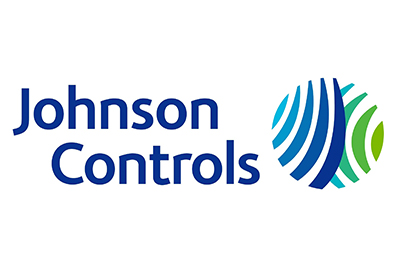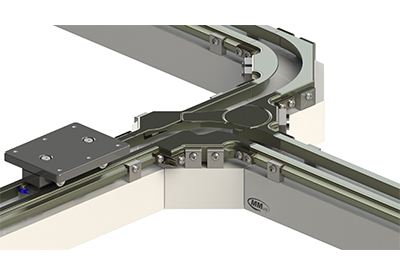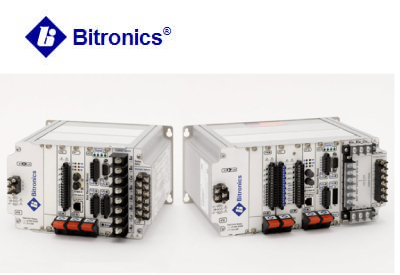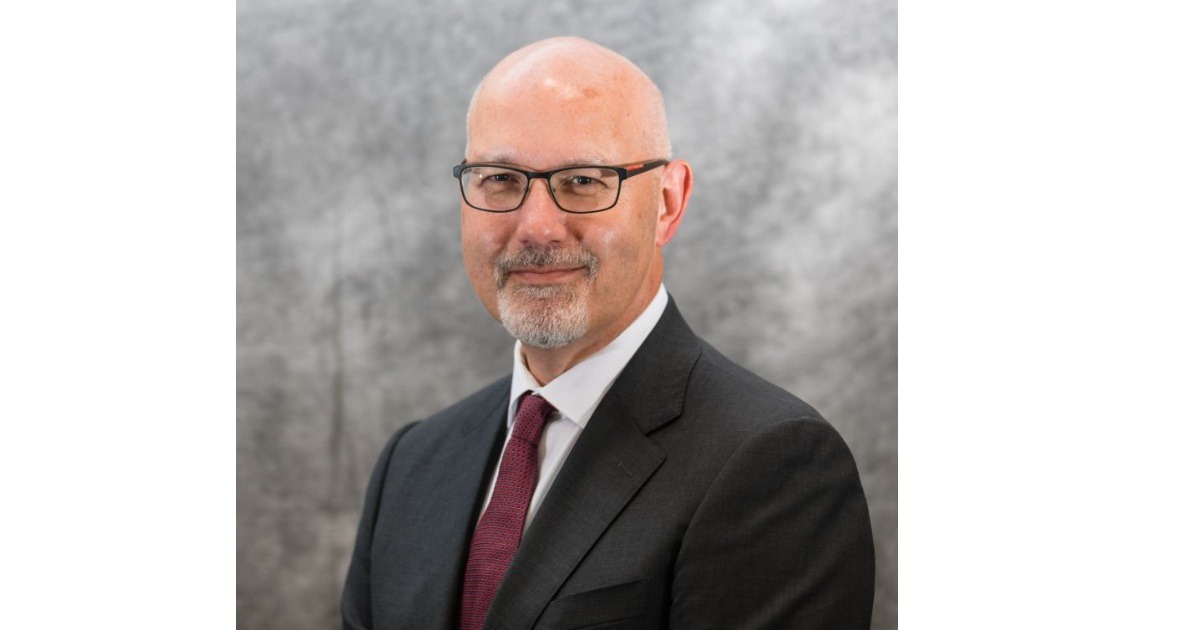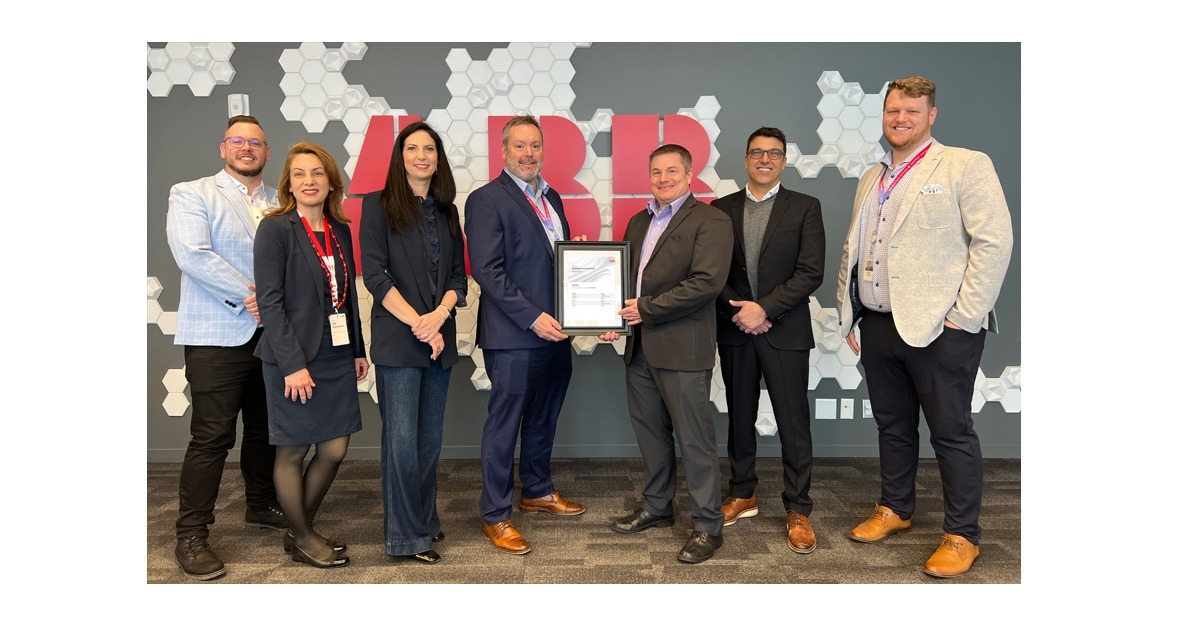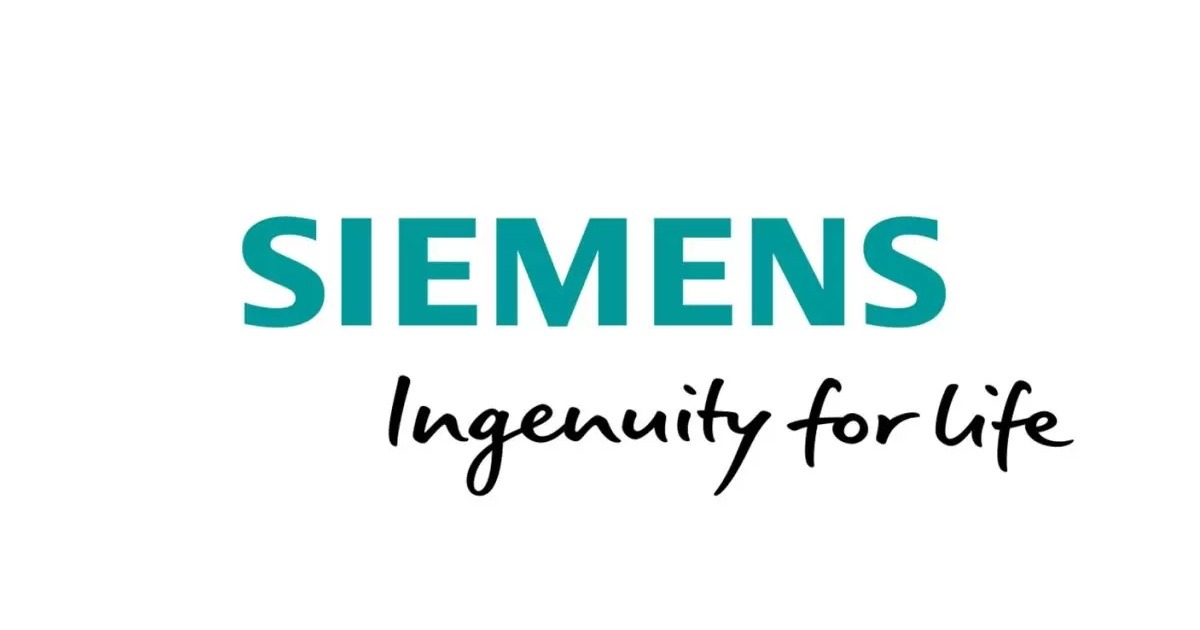Cement a Competitive Edge with Machine Learning
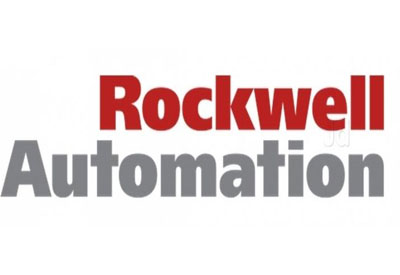
March 21, 2019
Concrete is one of the world’s most widely used materials. To make concrete, you must use cement – an industry often criticized due to its emissions.
More stringent environmental regulations are causing cement producers to work smarter to stay competitive. Technology advancements are vital for these companies to realize production improvements, including better energy management.
Today, new capabilities like machine learning are expanding possibilities for cement producers. Machine learning helps these companies improve maintenance strategies and stay in front of system failures and costly downtime – thus impacting performance and energy consumption.
Machine learning using adaptive algorithms is making successful predictive performance and maintenance strategies ever more achievable for global cement producers.
Applying Machine Learning
Many machine learning techniques are used today in cement and other similar industries. Below, we explore the varying techniques and their benefits.
1. Predictive maintenance forecasts when major equipment or systems will fail, allowing maintenance teams to address the issue before downtime occurs. Ideally, this technique archives data and maps past failures through machine learning to understand what the various types of failures look like and categorizes them. So, in the future, the system can identify when a similar pattern appears that previously caused a failure and notify the operator maintenance is needed to avoid downtime and reduce maintenance costs (which increase over time).
2. Anomaly detection uses learned, normal patterns for cement operations, such as grinding, blending, even kiln cooling and preheating, to help operators detect earlier when something is operating abnormally or something is wrong in the process.
For example, let’s say something is wrong with your clinker cooling system, and it is not cooling sufficiently. Using anomaly detection, the system would recognize the abnormality, perhaps the cooler exhaust temperature is high for current loading, and alert the operator much earlier than normal alarm conditions. This allows operators to react before downtime, extended periods of poor performance or other issues occur.
3. Predictive KPIs forecast results and estimate what is causing poor performance, including product quality, energy efficiency, yield, etc. This technique utilizes regression models to predict typical process indicators and if they keep within expected specifications.
Some examples: Is your Blaine or cement-free lime on track (or not)? Is the hot-end kiln temperature correct, and if not, how can it be improved to get back in line with expected specifications? Are exhaust emissions at acceptable levels?
4. Model predictive control (MPC), or real-time optimization, leverages dynamic process models to coordinate and stabilize a cement process at maximum performance levels, safely within equipment limits. MPC can have multiple KPIs driven simultaneously, including quality, throughput, energy and equipment operating limits. For example, MPC on mills and kilns drive to best performance 24/7 by pushing to the right active constraints.
Many machine learning techniques improved overtime, making it easier for cement plants to implement one or more of the above solutions to assist with operator decision-making.
The goals of machine learning are simple: leverage data to provide decision support or automation to optimize operations across your cement plant – ultimately leading to less unplanned downtime, productivity gains, cost savings and energy improvement.
You can learn more about machine learning.
For more information, visit https://www.rockwellautomation.com/en_NA/news/blog/detail.page?pagetitle=Cement-a-Competitive-Edge-with-Machine-Learning-%7C-Blog&content_type=blog&docid=879bc4106362ca4f51be008d32959685.

